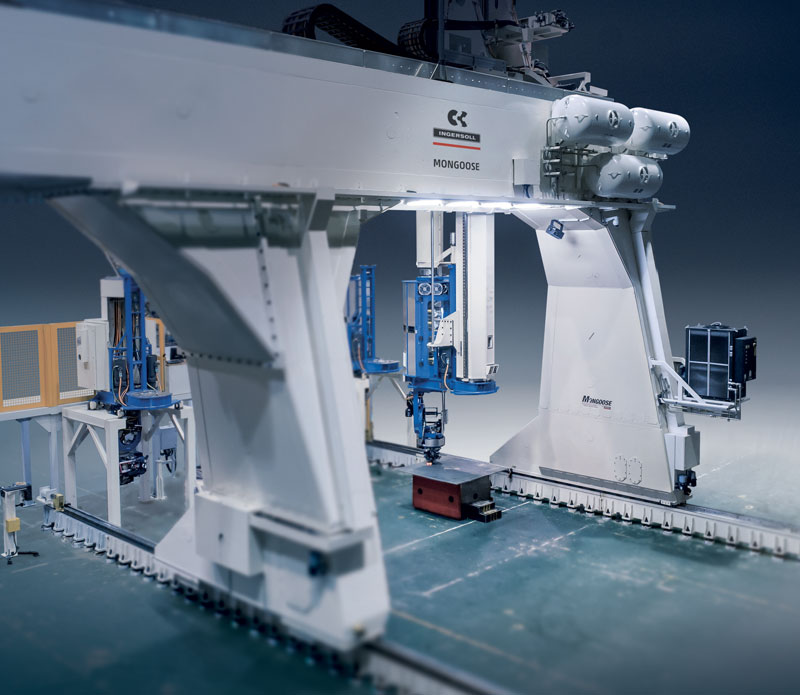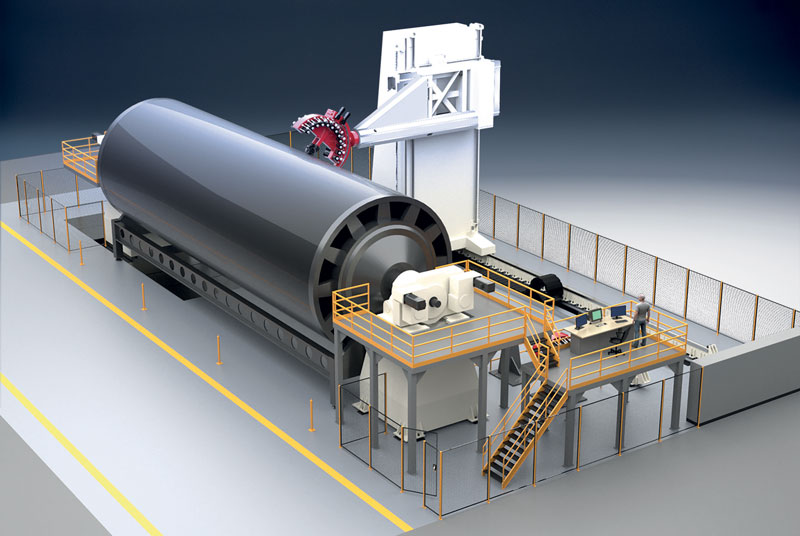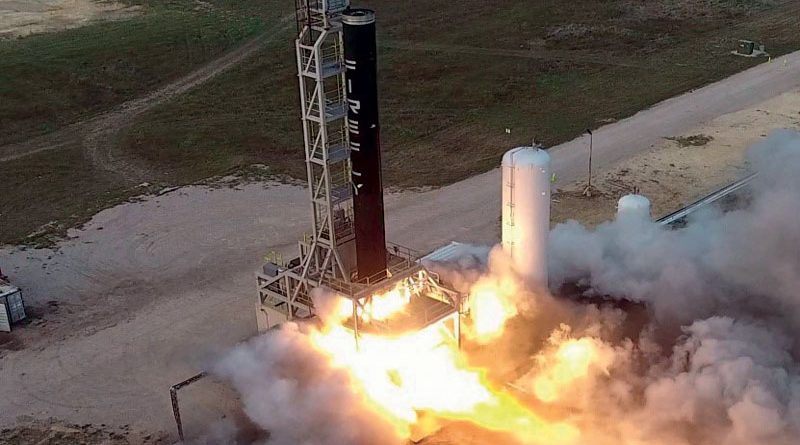Producing Rocket Airframes in as Little as a Couple of Weeks
Firefly Aerospace is automating composite rocket production with Ingersoll Machine Tools. Alpha rocket airframes will be produced every fourteen days using large-scale composite parts manufacturing equipment from Ingersoll Machine Tools, part of the Camozzi Group.
Firefly Aerospace, Inc., a leading provider of economical and dependable launch vehicles, spacecraft, and in-space services, announced a substantial commitment to increase its manufacturing capacity by transitioning large parts manufacturing to Automated Fiber Placement (AFP) Mongoose Hybrid systems from Ingersoll Machine Tools beginning next year. Once fully operational, Firefly’s AFP capabilities will enable it to produce its all-composite Alpha rocket airframe in as little as fourteen days.

Composites are today’s choice for modern aircraft
Metallics were the most prevalent aerospace material of the last century; composites, which are stronger and lighter than metallics, are the choice for modern aircraft. Firefly’s Alpha is the world’s largest all-carbon-fiber liquid fueled rocket. High speed, robotic, largescale automated fiber placement (AFP) machines, like those produced by Ingersoll Machine Tools, are now widely utilized in the aircraft industry. These machines essentially allow you to 3D print composite structures of very large dimensions (e.g., commercial aircraft), by using a significantly less challenging process compared to metallic 3D printing while also achieving major cost, weight, and production time savings. This is the reason why AFP is the most efficient and cost-effective approach to future rocket production for Firefly. Firefly will install the first of two planned AFP systems in May 2021 at its manufacturing and test facility in Briggs, Texas, where Alpha will be requalified using AFP manufacturing processes. Firefly’s new Florida Space Coast factory and launch site at Cape Canaveral will house the second automated assembly line beginning 2022 and will ultimately be capable of producing an estimated 24 Alpha rockets per year, with the Briggs plant switching to automated developmental builds of the larger Beta launch vehicle. Firefly will leverage the same AFP that leading aerospace companies are increasingly using to more efficiently manufacture the latest composite airframes for commercial airliners and government aircraft and fighter jets, ranging from the Boeing 787 and Airbus A350 to F-35s. Once up and running at capacity, Firefly’s AFP system will fabricate all carbon-fiber structures of an Alpha rocket, including barrels, fairings, domes, and payload components, in as little as fourteen days.

High productivity and high-reliability in delivering fiber on mild curvature surfaces
Firefly’s Mongoose Hybrid will be the first equipped with Ingersoll’s new Hawk fiber delivery module, designed and tested for high productivity and high-reliability layup of mild curvature surfaces. Mongoose Hybrid also features Ingersoll’s automatic exchange of multiple composite manufacturing modules operating in adjacent workzones, allowing automated layup on multiple tools without human intervention. Firefly’s new automated rocket factories will produce a broad range of benefits, including a 30-50% reduction in composite materials waste, increased repeatability, reduced touch labor and build times, and a tailored and optimized structure that further reduces weight and overall costs.

